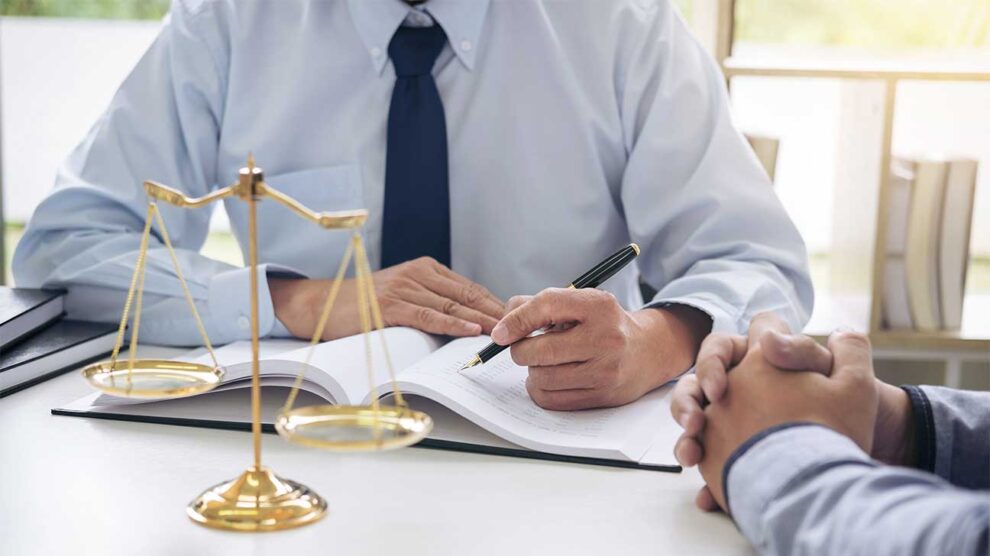Domestic violence is a pattern of abusive behavior perpetrated by one partner to gain power and control over another partner in an intimate relationship.
- Physical abuse – Many types of physical abuse, such as hitting, slapping, shoving, grabbing, pinching, biting, and pulling hair. It includes denying medical care to a partner or forcing her to drink or use drugs.
- Sexual abuse – Any sexual contact or behavior that is forced or attempted to take place without consent. Marital abuse, sexual assaults, and sexually degrading treatment all fall under the category of abusive behaviors.
- Emotional abuse – It is abusive to undermine someone’s self-esteem and sense of self-worth. It may include constant criticism, diminishing one’s abilities, name-calling, or damaging one’s relationship with her children.
- Economic abuse – The process of making or attempting to make someone financially dependent by restricting their access to money, controlling their use of financial resources, or preventing them from attending school.
Seeking help from a domestic violence lawyer
The victims of domestic violence should seek help and support. An experienced domestic violence lawyer assist you in the following ways.
- Get a restraining order – domestic violence lawyer obtain restraining orders on your behalf that prevent your abuser from contacting or approaching you.
- Create an escape plan – Your domestic violence attorney help you create a detailed escape plan to leave an abusive situation safely.
- File for divorce – If you want to file for divorce from an abusive spouse, a lawyer advise you on the process and ensure your safety is protected.
- Gain child custody – If you have children with an abusive partner, a domestic violence lawyer help you file for sole legal and physical custody to keep you and your children safe.
- Press criminal charges – Your domestic violence lawyer assist you in pressing criminal charges against your abuser if that is what you want to do. They collaborate with prosecutors and guide you through the legal process.
Choosing the right domestic violence lawyer
Choose a lawyer well-versed in domestic violence laws and defense strategies specific to your state. Ask how many DV cases they have worked on. Select an attorney educated on the complex dynamics of domestic violence. Make sure they understand the challenges victims face. The lawyer should make your safety a priority. Ensure they are available for meetings and answer questions promptly. If your case may go to trial, your lawyer should have litigation experience. Ask if they have taken DV cases to trial previously. The lawyer should advise you based on the law, not emotion. They cannot let any personal biases impact legal counsel. Cost may be a concern, so find a lawyer with payment plans or who works with victims’ assistance programs.








